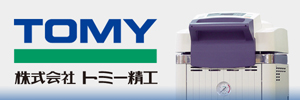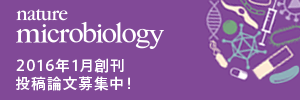PI-136:Effect of the Addition of Pantothenate and Its Precursors on Coenzyme A Content of Escherichia coli Expressing Exogeneous Pantothenate Kinase
1Tokyo Univ. of Agriculture and Technology, 2Ibaraki Univ. Coll. of Agriculture
Background: Coenzyme A (CoA) plays a central role in carbon metabolism in vivo. Pantothenate kinase (CoaA) catalyzes the first committed step of the CoA biosynthetic pathway; this enzyme is categorized into three groups, i.e., the prokaryotic type I, II, and III CoaAs. Enhancement of the CoA biosynthetic pathway in Escherichia coli using Pseudomonas putida type III CoaA, which is insensitive to nonesterified CoA and acyl-CoAs, has been reported to effectively increase intracellular CoA content in the presence of pantothenate (Pan). In this study, we analyzed whether addition of Pan or its precursors altered the CoA content in E. coli cells expressing P. putida CoaA.
Methods: E. coli cells were transformed with pSTV-Pp-CoaA, containing the P. putida CoaA gene under the lac promoter. The transformant obtained was aerobically grown in M9 medium supplemented with 2% glucose in the presence of Pan or its precursors. The intracellular CoA pools were analyzed with the acyl-CoA cycling method.
Results: In the presence of 10 mM Pan, the CoA pool of E. coli cells harboring pSTV-Pp-CoaA was 5-times larger than that of cells with pSTV28. However, the intracellular CoA content hardly increased without the addition of exogenous Pan. The CoA pool in the cells with pSTV-Pp-CoaA increased depending on the concentration of Pan added in the culture medium. The addition effect seen for Pan was also observed for β-alanine, however, L-aspartate or pantoate did not affect the CoA levels.
Conclusions: Although exogenous expression of the type III CoaA gene in E. coli cells could effectively increase the CoA content, this event did not occur without the addition of Pan. This addition effect could also be achieved using β-alanine, a precursor of Pan, indicating that reinforcement of the pantothenate-supplying pathway as well as enhancement of CoA biosynthesis by CoaA is important for increasing intracellular CoA content, with the aim of producing useful compounds.
keywords:coenzyme A,metabolic engineering,Escherichia coli,pantothenate,pantothenate kinase




